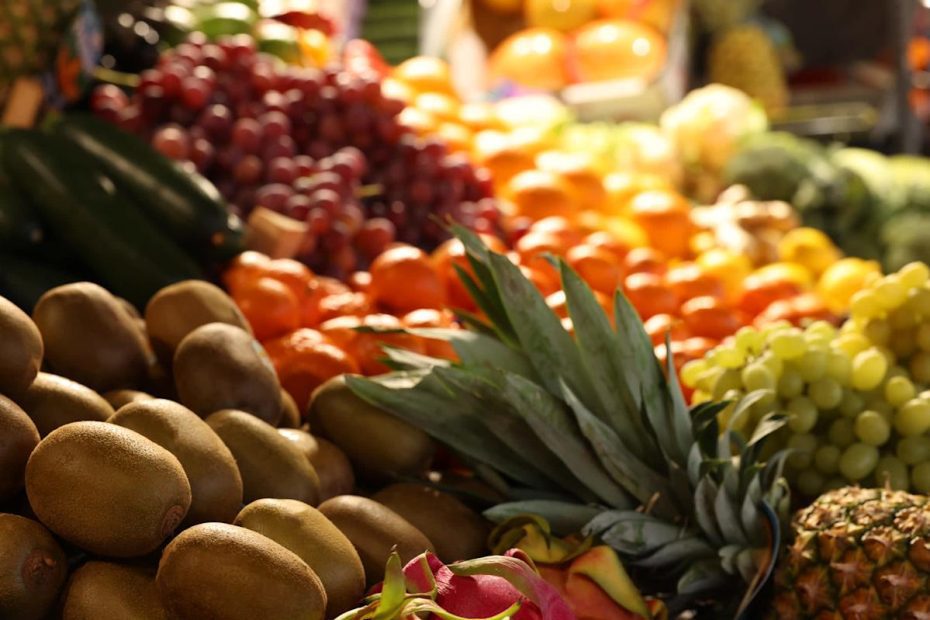Did you know that Italy and Greece are among the largest producers of kiwis in the world? The unique Mediterranean climate makes the region ideal for growing delicious fruit.
Or at least, in the past. Local harvesting machines have reported a drastic decrease in the proceeds as a result of harder circumstances that destroy many of their crops, according to the news of the European Food Agency.
What happens?
In Italy, more than half of the total Kiwi output has been lost in the past 10 years. Proponents attribute the decrease in less stable temperatures and growing conditions, as well as an increase in climate -oriented plant diseases, according to EFA News.
In the meantime, serious floods have 3,000 kiwi hectare in Thessalia, Greece, where the majority of the stock of the nation is grown, washed, the National Herald reported.
“Fruit and vegetables are the sector that is most exposed to the effects of climate change,” said Raffaele Drei, the president of FedaGressca Confcooperative, an Italian federation of agricultural, food and fishing cooperatives, per EFA news. “An enormous amount of production has been lost.”
Why are Kiwi yields important?
Kiwis have become an important international export for the Mediterranean Sea and local farmers have built living around the supply of the crop – which is meticulous, demanding work. Nevertheless, their success depends on the specific mix of the humidity of the region and soil fertility, the Greek Kiwi eye rider Antonis Anastasiou has explained to the National Herald.
View now: Giant snails that invade New York City?
Both environmental conditions run the risk of changing while the planet warms up and multiply extreme weather events. As a result, the output of the crop runs the risk of further deterioration, which will be felt all over the world at the cash register as prices rise under threatened range.
Not to mention the fact that a crop is having a hard time, others are probably. And yes, Italian pears fell from 800,000 tons in 2015 to a record aging of 184,000 tons in 2023, EFA News reported.
These disruptions of the food chain give broader threats for the ecosystems that support all kinds of agriculture.
What is being done to help Kiwi farmers?
Harvesters in Greece are waiting for the help promised by the government to help recover from the floods and grow again, according to Reuters.
People and companies that reduce their use of planet -warming, welcoming gases also help farmers worldwide.
In Italy, the strategy of FedaGressca Confccooperative is aimed at curbing pesticides and herbicidal names in the hope that allowing freer use of toxic chemicals will help farmers to combat the effects of their changing environment. Yet these substances do more harm than good for the planet and are quite expensive.
Fortunately, there are clean, cost -effective alternatives to keep washed vermin and disease -free.
Become a member of our free newsletter for Good news And Useful tipsAnd don't miss this cool list with simple ways to help yourself while helping the planet.

